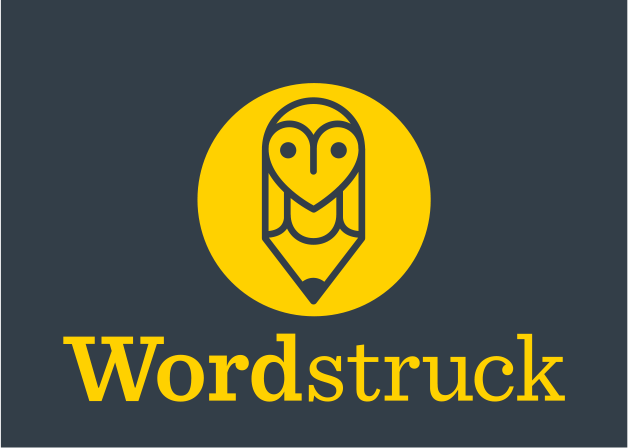Have you ever had that experience when you’re talking to someone and their eyes glaze over? Or you’re presenting to your team and you see people shuffle their papers, or worse still, glance down at their watch? It’s not a good feeling but it can happen to all of us.
It’s at that moment that you need to have a couple of short stories or little anecdotes to get your audience back to focusing on you.
At a recent Anecdote workshop, a woman was describing how small actions can make a difference. She was saying that she’d arranged to meet with her manager. Out of the corner of her eye, she saw him come over and sit next to her. She said, ‘I really valued that and quite frankly not many GM’s do it.’
Now that tiny snippet says a lot — and in few words. It gives an insight into work culture and suggests a simple way to improve behavioural engagement. 12 months after this employee had shared her experience, other staff were saying the same thing. ‘You know what? When I see my GM, they come round and sit next to me.’
The best way to remember this sort of anecdote or mini-story is to start a STORY BANK. Whenever I hear something, either told to me or heard on the radio or television, I make a few notes in my story bank.
Like anything, storytelling takes practise. Even the so-called ‘natural storyteller’ would have practised his or her best ones in front of the mirror.
7 WAYS TO BECOME A BETTER STORYTELLER
1. Create your own story bank. Choose your medium. A notebook for those who like pen and paper. An App like Evernote for those who want to sync their stories across different devices. I use both.
2. Make notes as soon as you can to get down the gist of the event. When you do, look for the key moments or turning points.
3. If you can, jot down any sensory details. If it is about you, how were you feeling? Anchor the experience in your body.
4. Give it a title. This helps recall.
5. If you know them, make a note of people’s names, the name of the company, any job titles. (In the case above I didn’t have them so for me that’s an example of an anecdote rather than a full blown story.)
6. Work out the ‘Most Important Thing’ — or MIT — of the story. This is the point of the story. Sometimes one story can have several different points and can be adapted to suit the moment.
7. Practise, practise, practise. As a writer I know how important it is to have a ‘writing buddy’ who can encourage me when I’m working on a new book. I also have a ‘story buddy’ who I practise my new stories on. And don’t be worried that they change over time… that’s a good indicator of you becoming more comfortable in telling them. And the versatility of a good story.
So over to you. What story can you use in your work today to make sure your message is heard?

